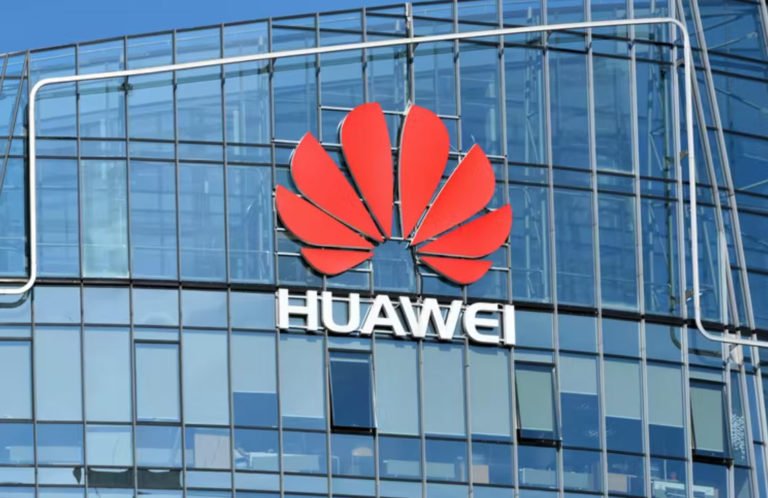China’s Gallium and Germanium Controls: The Global Impact
China’s recent export restrictions on gallium and germanium have triggered widespread concerns about global supply chains, as these elements are critical for advanced technologies like semiconductors, electric vehicles, and defense systems. The move is seen as part of an escalating trade war with the U.S. and its allies, who rely heavily on China’s dominance in the supply of these minerals. As nations race to find alternative sources, this strategic control could reshape the global tech landscape and intensify geopolitical tensions.
These controls on rare earth elements come amid rising tensions between China and Western countries, particularly the U.S., over technological dominance and trade policies. As the largest producer of these minerals, China’s decision to restrict their export could significantly impact industries that depend on them. Companies involved in the production of electronics, defense systems, and renewable energy technologies are particularly vulnerable, as they rely on gallium and germanium for manufacturing advanced semiconductors and solar panels.
Potential Consequences of China’s Export Restrictions
- Supply Chain Instability: The restrictions could lead to a shortage of critical materials for global technology production, disrupting supply chains.
- Geopolitical Pressure: By leveraging its control over these materials, China may intensify trade negotiations and power plays with the U.S. and its allies.
- Search for New Sources: Countries reliant on these minerals are likely to accelerate efforts to find alternative suppliers, potentially leading to new partnerships or supply networks outside of China.
This move has raised the stakes in the ongoing geopolitical competition, with countries now exploring how to secure their own critical mineral resources and reduce reliance on Chinese supplies.
For a more detailed analysis, read the original article on The Conversation.







